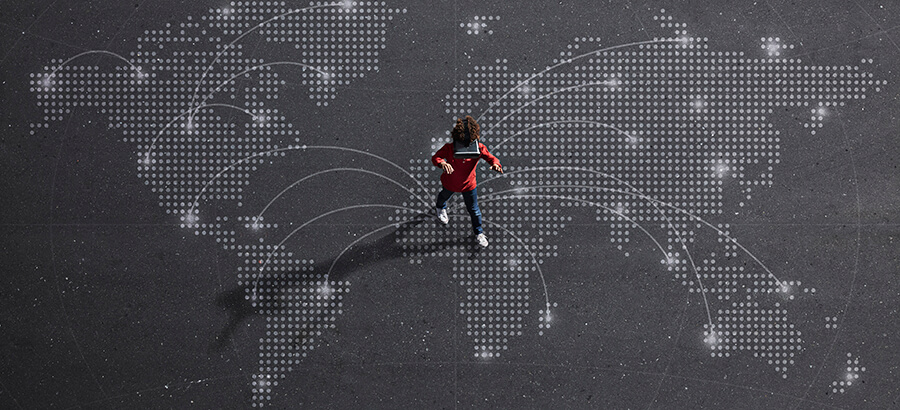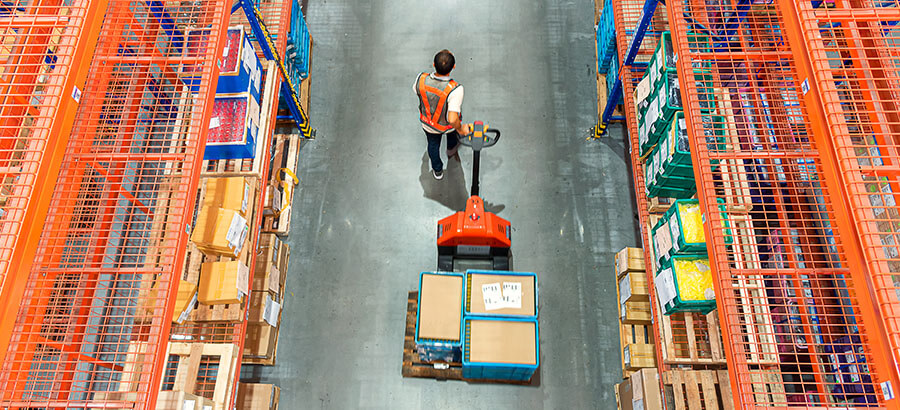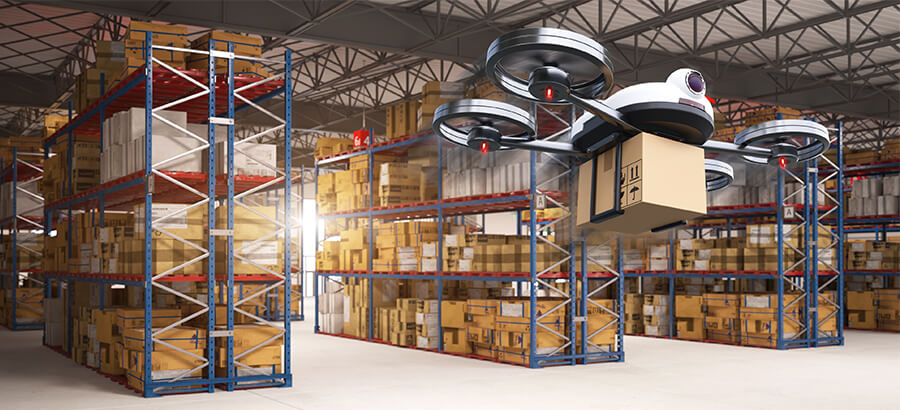Over the last few months, the movement towards favoring local Australian made goods has gained momentum. The ‘shop local’ movement started to gain momentum throughout the drought and bushfire season and has continued to be driven by COVID-19, which revealed the vulnerability of the country’s supply chain and dependence on global manufactured goods. As a result, Australians have become wary of foreign-made products and have begun to opt for ‘Australian Made’ to support the local economy and job creation.
Month: July 2020
How Procurement can Improve Inventory Management
One thing that procurement departments are working intensively on at the moment is how to spend more effectively. That doesn’t mean just cost-cutting, but where to prioritize spending. Given that direct and indirect materials makeup at least 50% of the typical manufacturer’s costs, what procurement can do to improve inventory management is an obvious place to start.
Venture Bravely into the New Normal with Digital Readiness as Your Shield
Fortune favors the brave. Over the last few months, businesses have needed to venture bravely into a ‘new normal’. While this transition has been more natural for the companies who already had a strong digital strategy in place, it has been a challenge for those in the earlier stages of digital transformation.
The Transformative Powers of Digital Procurement – How SYSPRO Boosts Supply Chain Resilience
It goes without saying that these are testing times for the UK’s Movers and Makers. One of the key lessons has been the importance of having a robust procurement strategy. Only then do you have the agility for effective supply chain management. By embracing a comprehensive enterprise resource planning (ERP) system, manufacturers and distributors can adapt and pivot as procurement professionals have business-critical data available at the touch of a button. Visibility of operation, stock levels, and supply chains allow them to confront challenges and exploit opportunities across the global marketplace.
The Smart Factory: The Role of Artificial Intelligence in Manufacturing and Distribution
It’s been around for decades but only in recent years has artificial intelligence (AI) emerged from the research labs into the real world. Interestingly, consumers are more familiar with it, in the form of Apple’s Siri, the Amazon’s Alexa, and navigation apps like Waze – so when will businesses, and especially manufacturers and distributors, get around to accepting AI as a standard part of business lives?
Manufacturing the New Normal – Strategies for Asia’s Rebound
Manufacturers and distributors across Asia have needed to remain resilient despite operating in intensely pressured times. The YOY in Q1 saw a 0.5% contraction – contributed by declines in the electronics and chemical industries despite expansions in biomedical manufacturing and precision engineering industries. The Singapore Purchasing Managers’ Index (PMI), an indicator that measures how much purchasing (or materials) local manufacturers are engaging in, saw a dip to 46.5 in March, the lowest since 2009. Below 50, PMI represents a contraction in the industry. It comes as no surprise that at the end of April, only 4% of manufacturers had positive business sentiments for the year ahead, according to a report by the Economics Development Board.
Supply Chain Disruption – What Happens Next?
Organizations are looking for opportunities to innovate their operations and rethink their business models as the Covid-19 pandemic has caused not only a global humanitarian crisis but a supply chain crisis as well.
The World Economic Forum says the magnitude of this unprecedented crisis has yet to be fully realized or manifested. Some of the impacts on manufacturers and businesses around the globe include supply shortages, increased prices, fulfillment delays, and reputational damage to brands.
A 4-step Strategy for Building Procurement Resilience in a VUCA World
Supply chain disruptions are nothing new. From global trade disputes to Brexit, volatile exchange rates, fluctuating commodity prices and civil unrest, procurement has needed to be more agile and resilient than ever before. Recently COVID-19 added further pressure within the global value chain. China is a large producer of components and assemblies, but with the recent pandemic, many of these distribution channels were shut down with no notification and very little time to replace suppliers.
How Canadian Manufacturers can Fuel Growth with Government Grants and Incentives
COVID-19 caused manufacturers to quickly enact their business continuity plans – and has stretched company leaders to innovate and revise these plans in unprecedented ways to meet the many challenges of the pandemic.
Now, as COVID-19 restrictions ease, manufacturers can turn to their next steps for achieving strategic growth.









